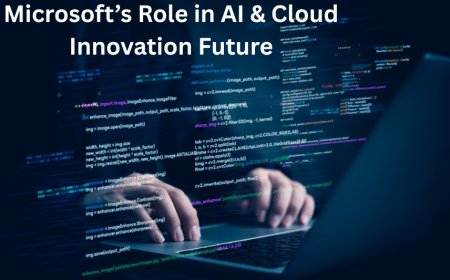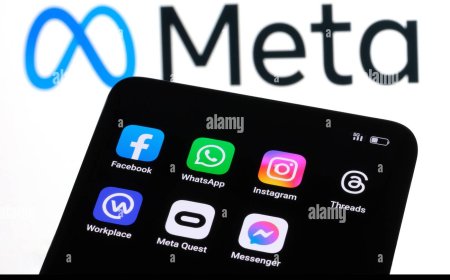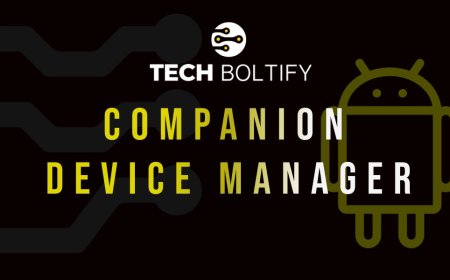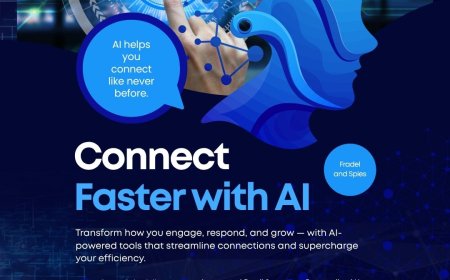Is AI in Education a Threat to Traditional Teaching Methods?
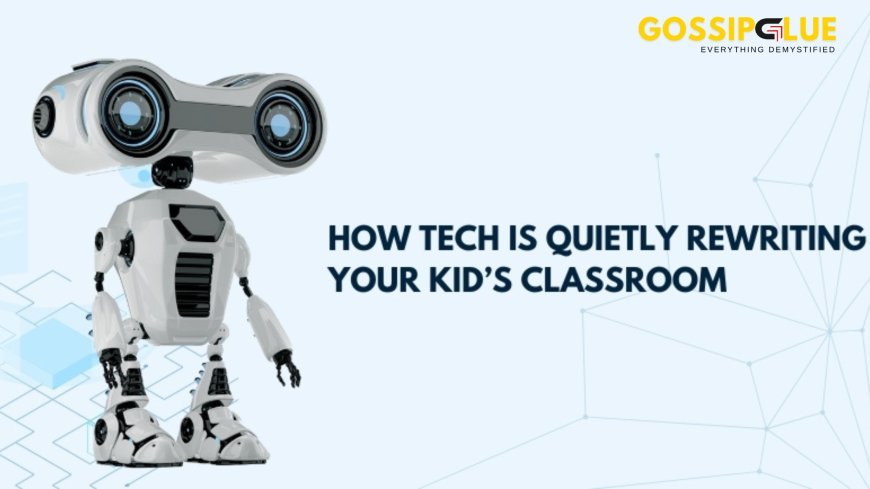
The Day I Met My First AI Teacher
I remember sitting in a coffee shop, catching up with an old friend who teaches high school English. We were deep in conversation when she casually mentioned that she had started using an AI tool to grade student essays. Its been life-changing, she said. I finally have time to actually talk to my students about their writing.
That moment stuck with me. As someone who works in IT and dabbles in edtech, Ive always known artificial intelligence had a role to play in the future of education. But that conversation made me realize something deeper: AI in education isnt about replacing teachers its about redefining how they teach.
Still, theres a looming question in every educators mind: Is AI a threat to traditional teaching methods? Lets unpack it.
The Rise of AI in Education: What's Really Happening?
Artificial intelligence has quietly made its way into our classrooms. Its in the Learning Platforms that personalize lessons based on how fast you grasp algebra. Its in the chatbots answering student questions at 2 AM. Its behind the scenes in Learning Management Systems, analyzing patterns to help educators identify which students are falling behind before its too late.
Educational institutions across the globe are adopting AI tools to streamline tasks, enhance accessibility, and enrich learning environments. But while these innovations offer convenience and insight, they also raise valid concerns:
Will technology make teachers obsolete? Can algorithms really replace the human connection at the heart of education?
What Traditional Teaching Still Does Best
Lets pause here. Before we dive into the robots taking over classrooms narrative, lets recognize the core of traditional education human connection.
Great teachers do more than just deliver content. They read the room. They adjust mid-lesson based on a puzzled expression. They mentor, inspire, and build relationships. These are things no AI no matter how advanced can truly replicate.
So while AI can automate grading or suggest personalized assignments, it doesnt know when a student is having a rough day. It cant coach someone through a fear of failure or ignite a lifelong love of learning. That emotional intelligence? Still 100% human.
Where AI Shines in Modern Classrooms
Now, heres where it gets interesting.
Imagine you're a teacher with 30 students and only 50 minutes. One student is ahead, bored. Another is behind, overwhelmed. The rest are somewhere in between. AI can help bridge that gap.
With adaptive learning platforms, educational institutions can offer tailored experiences. Students progress at their own pace, while teachers get real-time data to guide them. Instead of spending hours grading or planning, teachers can focus on mentoring and one-on-one engagement the human side of learning.
AI is also making strides in accessibility. Students with disabilities can benefit from speech-to-text, translation, or customized content delivery, improving inclusivity in learning environments that once left them behind.
The Real Ethical Issues We Cant Ignore
Of course, its not all sunshine and seamless integrations.
One of the most pressing concerns with AI in education is data privacy. These platforms collect a lot of student data test scores, behavior patterns, even attention spans. Who owns that data? How is it used? These are ethical issues that schools and developers must address with transparency.
Then theres the risk of over-reliance. If educational institutions begin trusting AI to teach instead of assist, we risk turning learning into a sterile, screen-driven experience devoid of human warmth.
Its also worth asking: who gets access to this technology? If only wealthier schools can afford high-end AI tools, we widen the educational gap the very thing AI promises to fix.
Finding the Balance: Tech + Teacher = Transformation
Heres the bottom line: AI is not the enemy. But it is a disruptor.
Traditional teaching methods are being challenged not because theyre broken, but because the needs of modern learners have evolved. And thats okay.
The future of education doesnt lie in choosing between humans or machines. It lies in building learning environments where both can thrive. AI can handle the admin, the data crunching, the personalization. Teachers can handle the empathy, the nuance, the mentorship.

































